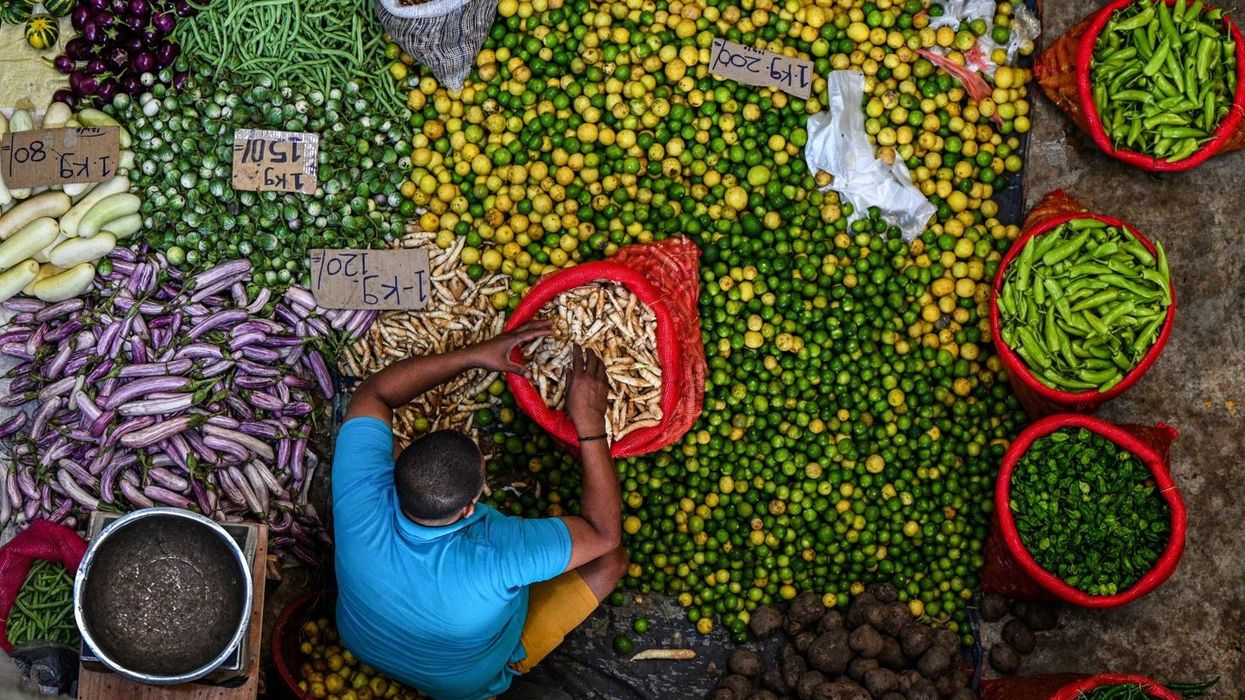The International Monetary Fund asked Sri Lanka on Tuesday (23) to speed its debt restructuring and warned any delays could undermine efforts to overcome the country’s worst economic crisis.
Sri Lanka expected a quick deal with creditors shortly after defaulting on its $46 billion (£37.03bn) foreign debt in April last year, but restructuring talks began in earnest only last month.
The economic crisis led to severe shortages of food, fuel and medicines last year and triggered months of protests that led to the toppling of former president Gotabaya Rajapaksa in July.
The new government secured a $2.9bn (£2.33bn) bailout from the IMF in March under a 48-month programme that commits Colombo to painful reforms. Colombo has doubled taxes and announced it is selling off state enterprises to boost the balance sheet, but the IMF said more needed to be done.
“The mission discussed additional fiscal efforts that will be critical to ensure successful revenue mobilisation,” the IMF said at the end of a 12-day staff-level visit for talks with Colombo.
The IMF delegation said they expected more progress by the first formal review of the bailout programme in September. “Achieving timely restructuring agreements with creditors in line with the program targets by the time of the first review is essential to restoring debt sustainability.
“Keeping up the reform momentum and ensuring timely implementation of program commitments... are key for Sri Lanka to emerge from the economic crisis,” the IMF said in a statement.
Foreign debt restructuring was held up as the country’s main bilateral creditor, China, was initially reluctant to take a haircut and instead offered more loans to pay off old debts.
Just over $14bn (£11.27bn) of the total foreign credit is bilateral debt to foreign governments, 52 per cent of which is owed to China.
Beijing initially proposed a two-year moratorium on the repayment of its debts, but without accepting a reduction in the amount, an insufficient concession for the IMF.
Terms of China’s debt restructuring have not been made public. Beijing gave financial assurances in March allowing the IMF to release $330 million, the first tranche of the bailout package.
The IMF expects Colombo to restructure its domestic debt too. The government’s local debt was estimated at about 15,033 billion rupees ($50bn/£4.02bn) as of the end of last year.
Opposition parties have warned that any trim to the rupee debt could send the entire domestic financial system into a tailspin, but the Central Bank of Sri Lanka has said it will ensure the stability of commercial banks.
(AFP)




